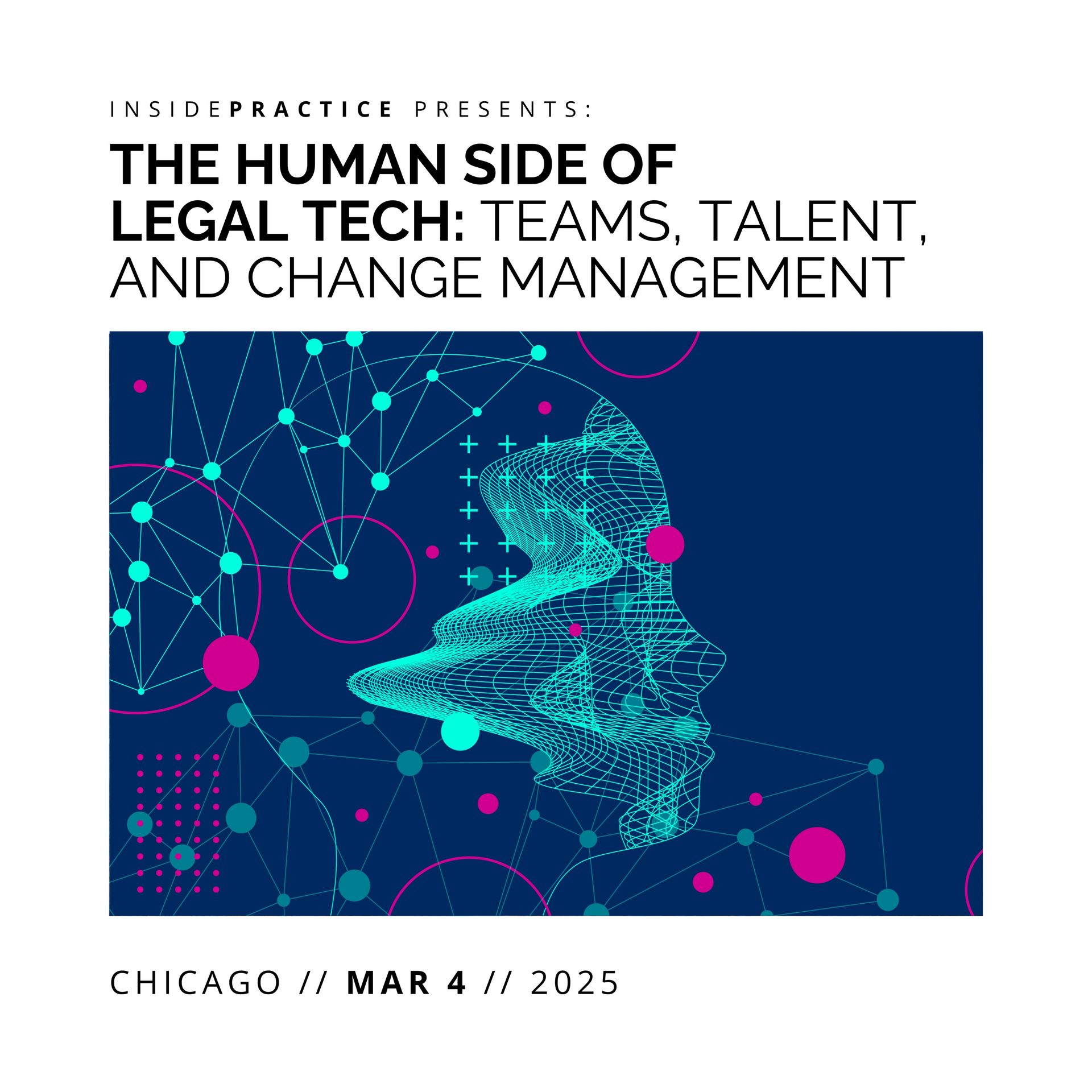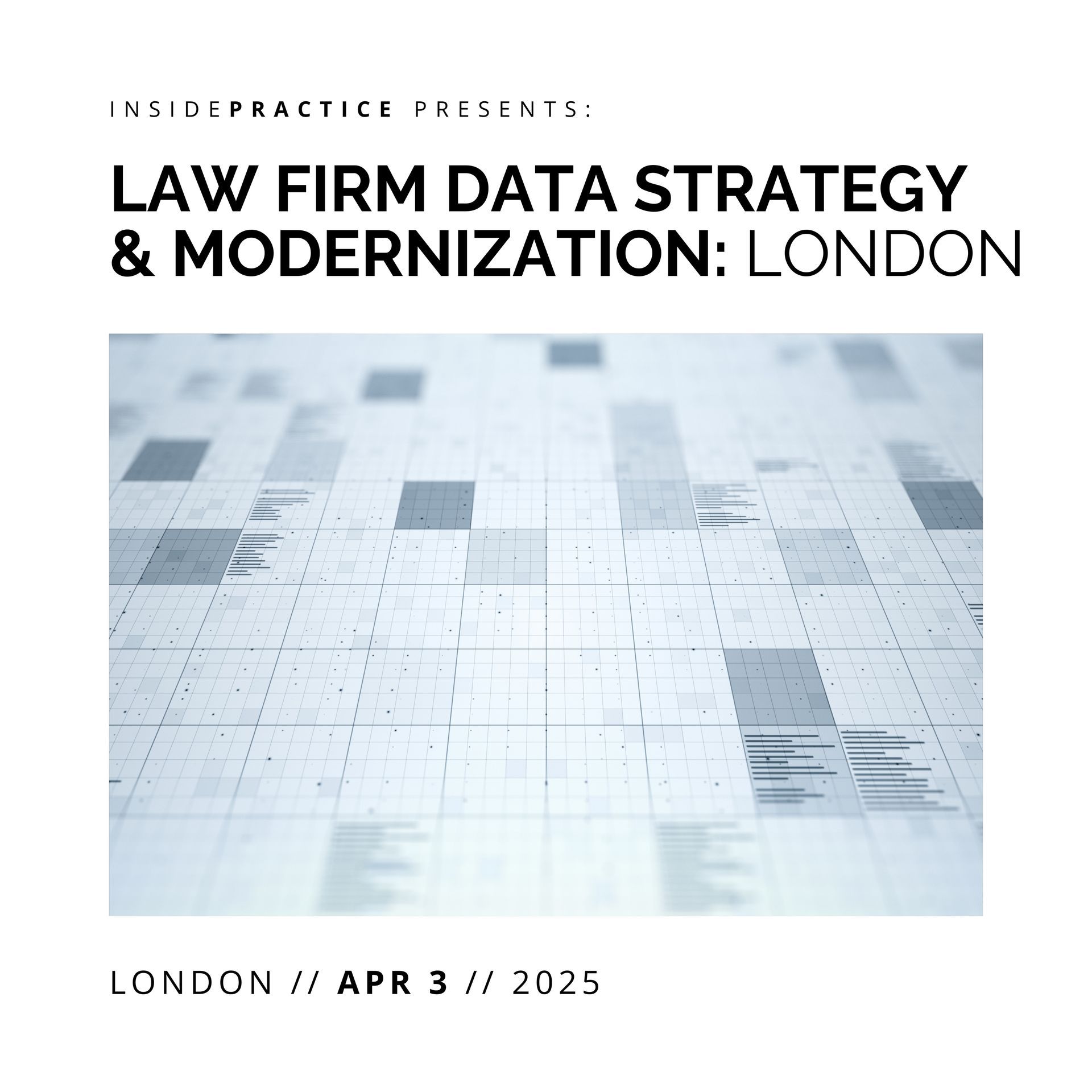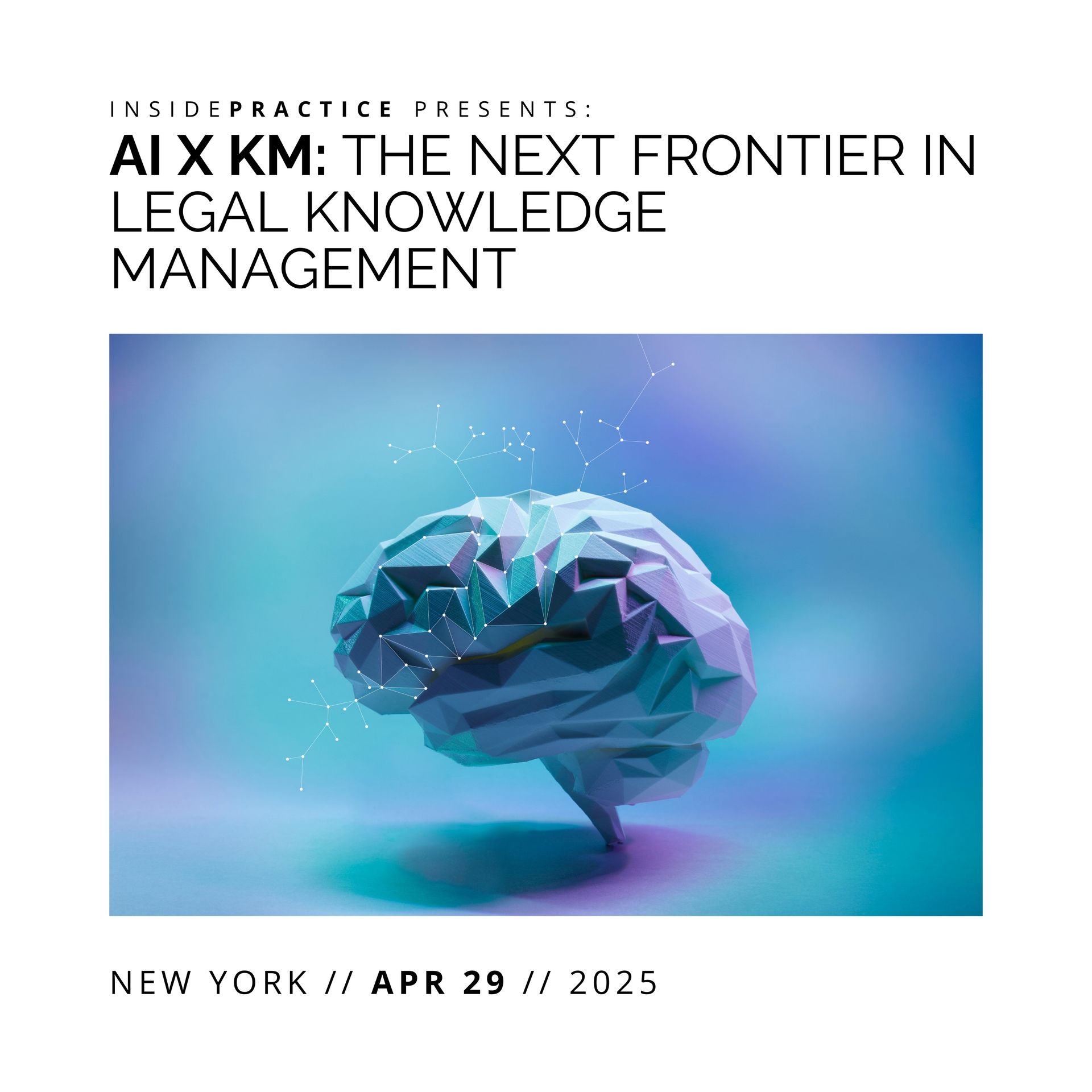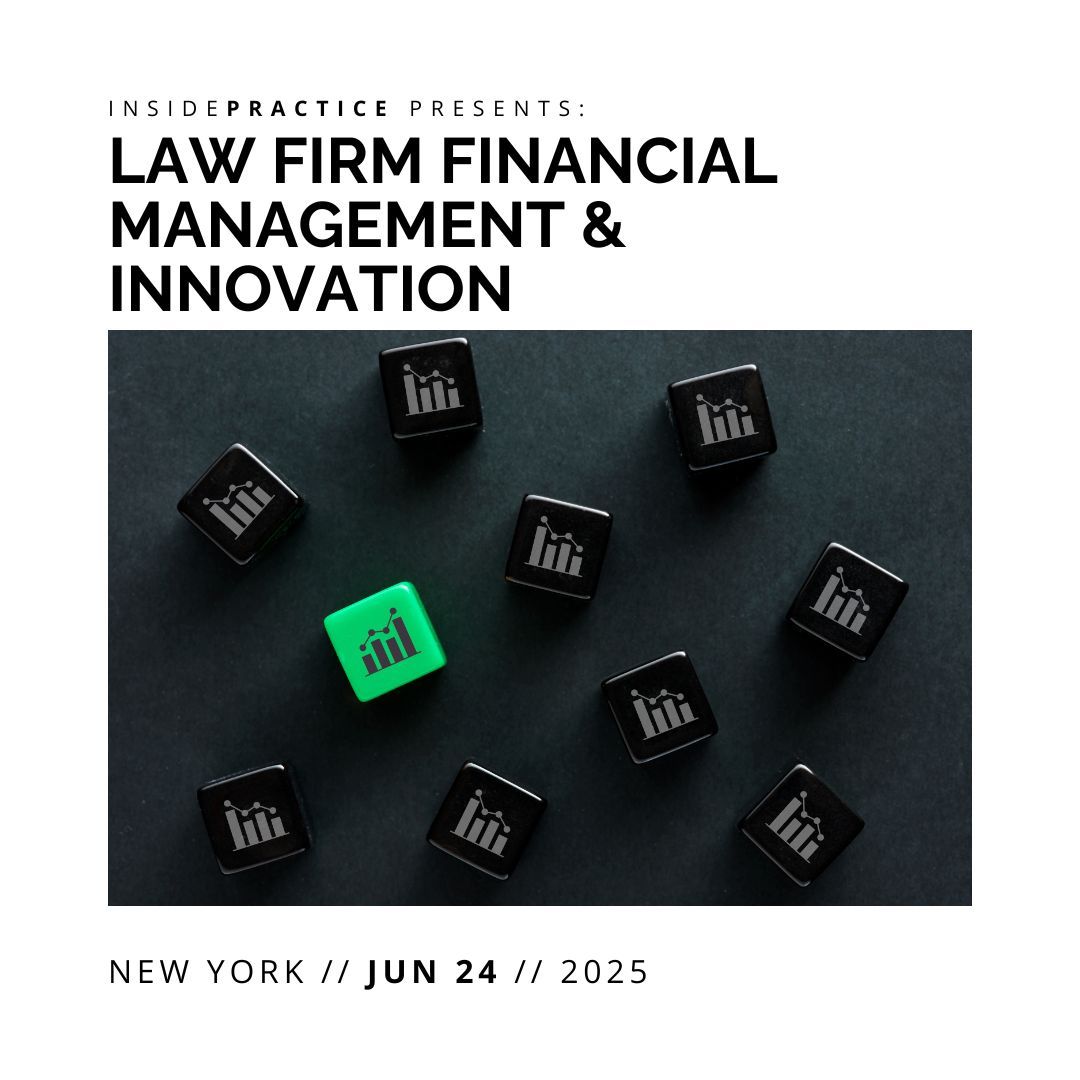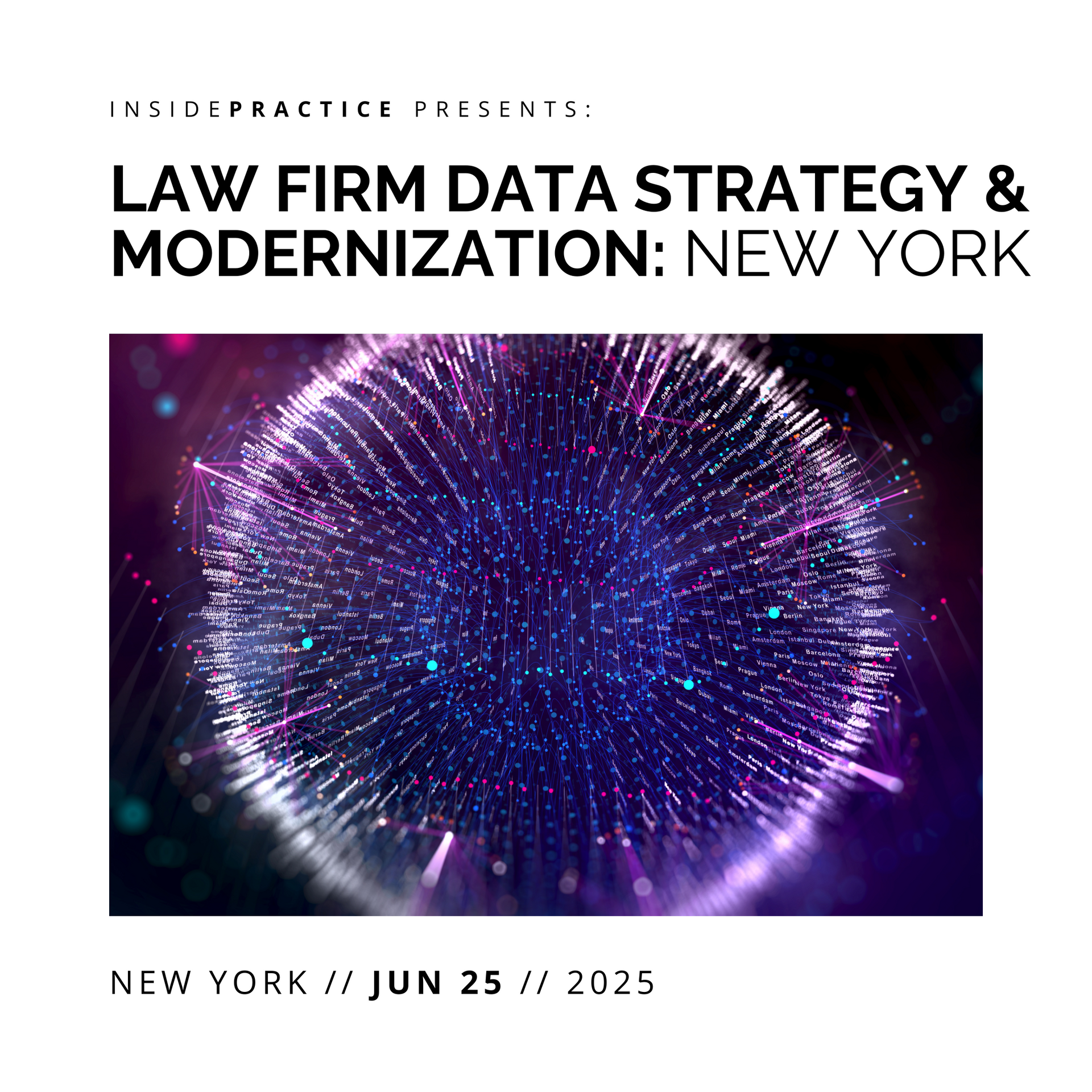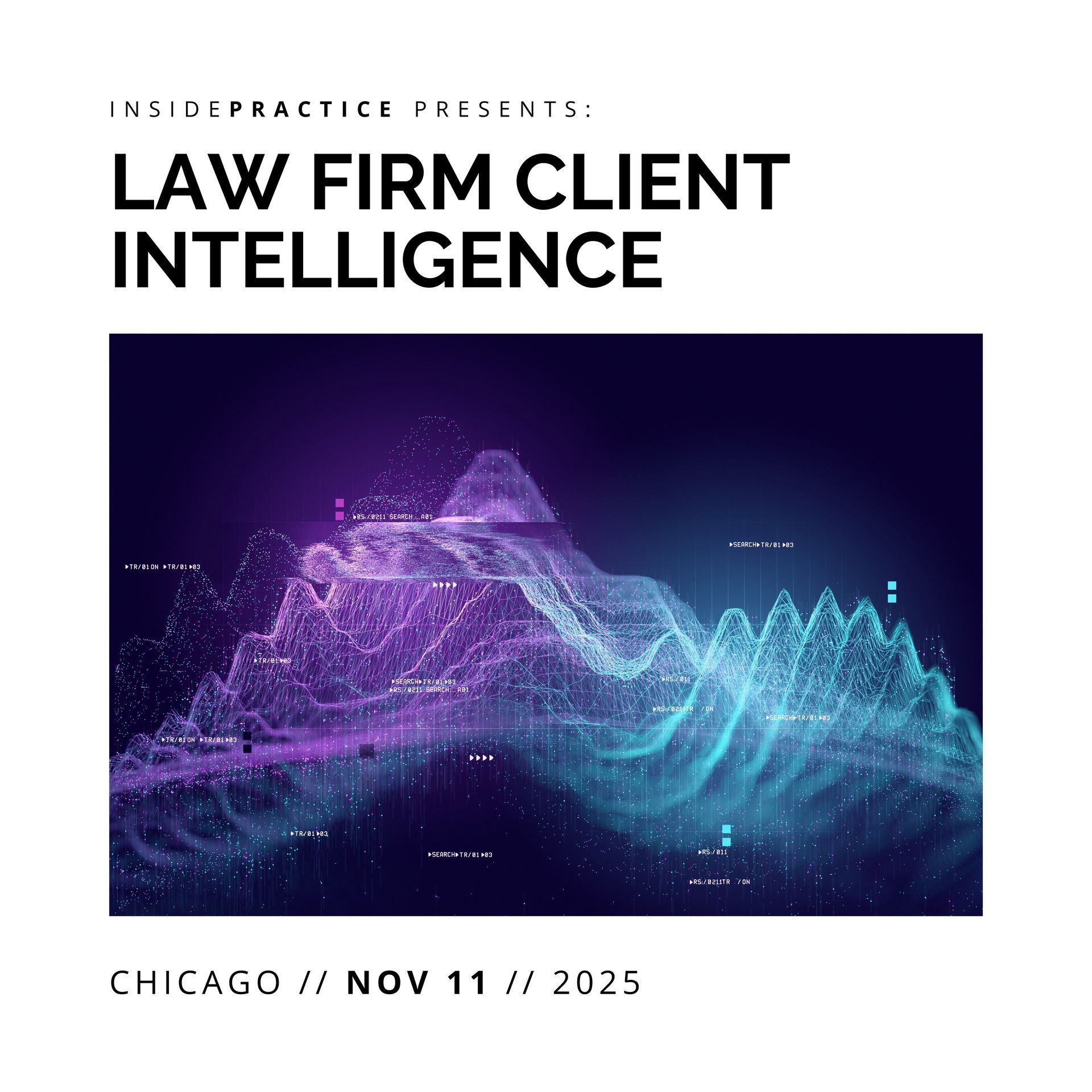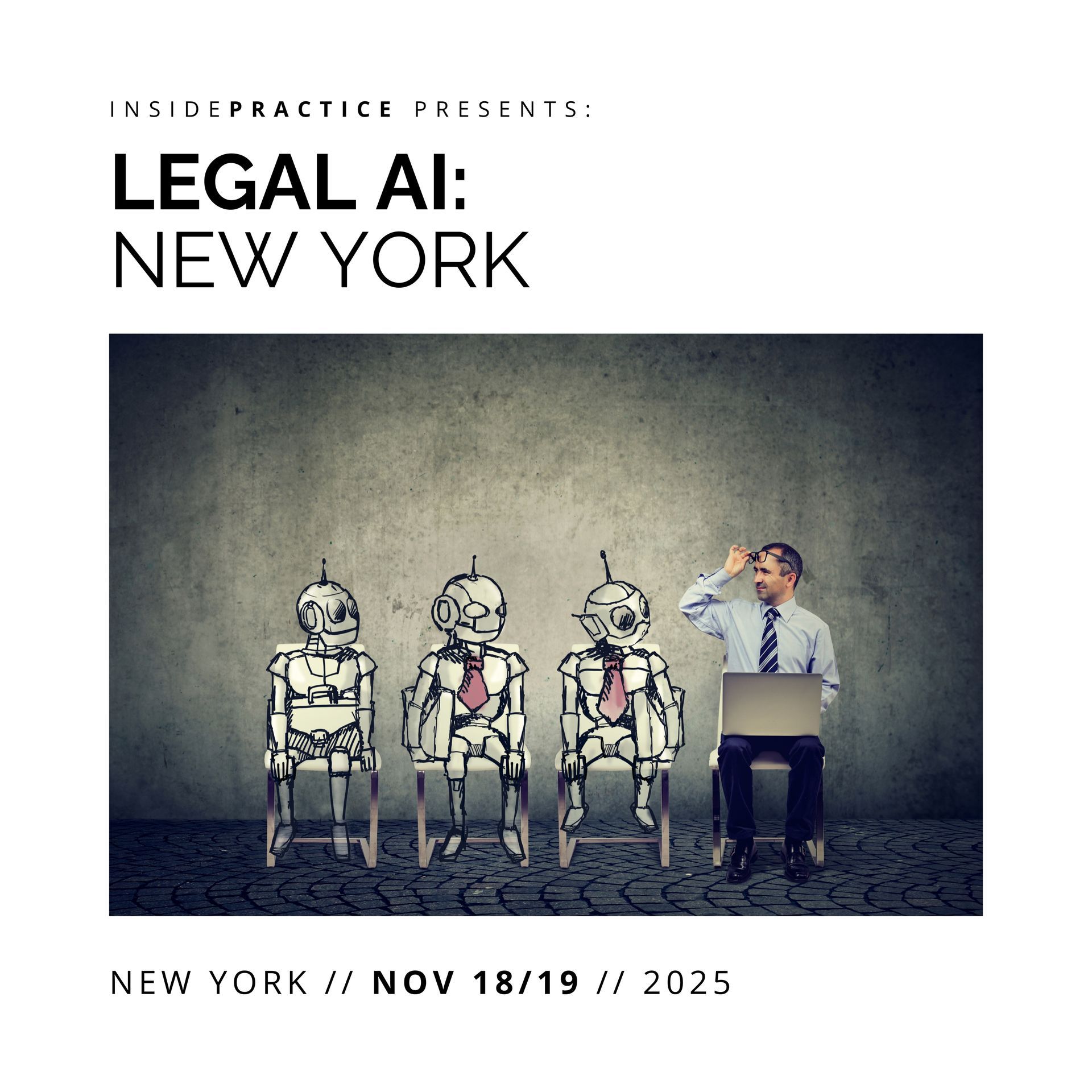
As artificial intelligence in law becomes increasingly embedded in law firm operations, Knowledge Management (KM) and Innovation teams find themselves at the forefront of transformative change.
The traditional role of law firm KM is evolving—moving beyond pure practice support into a more strategic function that directly impacts firm profitability, operational efficiency, and competitive differentiation.
For decades, Knowledge Management in law firms has operated largely behind the scenes—quietly cataloging precedents, stewarding best practices, and making sense of an ever-growing volume of legal content. But as artificial intelligence accelerates its advance across the legal sector, the role of KM is undergoing a dramatic—and arguably long-overdue—redefinition.
Where once KM was seen as a support function, today it is emerging as a central nervous system: organizing the firm’s collective knowledge, driving data strategy, and enabling smarter, faster, and more strategic decision-making across the organization. At the heart of this shift is the need to move beyond merely capturing knowledge, to activating it – bridging the gap between data curation and automation, navigating labor-intensive, foundational KM work to build structured, high-quality data foundations to ensure that AI delivers meaningful results.
Interested in joining the discussion? Secure your place at AI x KM: The Next Frontier in Legal Knowledge Management.
The AI Catalyst
Artificial intelligence, particularly generative AI and AI agents, is acting as a force multiplier for legal KM. It’s transforming how knowledge is retrieved (think: search boxes morphing into intelligent, embedded assistants), how it’s surfaced (from static repositories to real-time delivery within workflows), and how it’s leveraged (from passive consumption to active insight generation).
This reimagining of search alone is worth pausing on. We’ve entered an era where attorneys expect not just documents, but answers—contextual, relevant, and immediate. Traditional search paradigms no longer serve the complexity of modern legal work. And KM leaders are now collaborating with IT and AI architects to embed search within practice tools, harnessing natural language processing, and surfacing high-value content while minimizing noise.
Building an AI-Ready KM Ecosystem
But powerful tools are only as good as the data they rely on. That’s why one of the most pressing priorities for KM professionals today is ensuring their firms have clean, curated, and structured knowledge foundations.
This foundational work—at times referred to as "the dirty work"—includes experience capture, metadata tagging, and the normalization of disparate matter, client, and attorney data. Without it, even the most sophisticated AI tools will fail to deliver meaningful results. What’s changed is that this work is now viewed not as a laborious prerequisite, but as a strategic investment. It enables predictive insights, enhances client intelligence, and lays the groundwork for innovation across the firm.
Knowledge Management as Strategic Partner to the Business of Law
Another defining shift? KM’s growing role in business operations. Whether it’s supporting Pricing with data around past matters and outcomes, helping Marketing surface relevant experience, or enabling Finance to assess profit leakage, KM teams are increasingly being asked to bridge silos and serve as data translators across the firm. This is less about becoming a new function and more about becoming a connective tissue between functions (which in some firms has been the case for some time now). KM has the institutional knowledge, the systems access, and increasingly, the strategic voice to help law firms move from gut instinct to data-driven decision-making.
AI in Law: The Organizational Question
Of course, none of this can happen without revisiting organizational structure (which is something we have been talking about at recent Inside Practice events). Who owns AI? Who governs experimentation and risk? As AI-enabled roles emerge and evolve—Chief AI Officers, Legal Engineers, AI Product Leads—KM leaders must help shape the firm’s operational future. While some firms combine KM and Innovation into a single function; others are elevating KM within the C-suite. What’s clear is that AI is collapsing traditional boundaries, and KM professionals must be at the table when new structures and roles are being considered or designed.
Rethinking the Human Element
AI in law isn’t just a technological shift—it’s a human one. KM teams now sit at the intersection of technical enablement and talent development. They're asking: How do we upskill our people? How do we help attorneys adapt to a world where AI is a collaborator (not a competitor for our jobs)? The firms leading the charge are doing more than piloting tools; they’re building playbooks for how AI and humans work together. They’re aligning KM with Professional Development to build AI-literate legal professionals. And they’re creating spaces for experimentation and failure, recognizing that innovation is iterative and culturally sensitive.
From Copilots to Agents: The Next Leap
We’re also beginning to see the next evolutionary step: AI agents. These are not just tools that assist—they act. They retrieve, synthesize, summarize, and even suggest courses of action. In this world, KM becomes the “brain” and AI agents become the limbs—executing on the intelligence that KM curates, organizes, and structures. This metaphor may sound unnecessarily anthropomorphic, but it’s practical. It frames how firms must think about human/machine collaboration and how AI agents will require new workflows, oversight, and trust frameworks.
The next frontier of KM is not about digitizing the past—it’s about shaping the future. It’s about helping law firms become more responsive, more client-centric, and more intelligent by design.
This year’s AI x KM conference in New York is more than a gathering of colleagues and experts—it’s a snapshot of a profession in motion. We’ll explore everything from agentic AI and reimagined search experiences, to KM’s evolving relationship with IT, to new models for aligning knowledge, data, and business strategy.
For knowledge Management professionals navigating this evolution, the message is clear: this is your moment. AI isn’t replacing KM—it’s elevating it.

